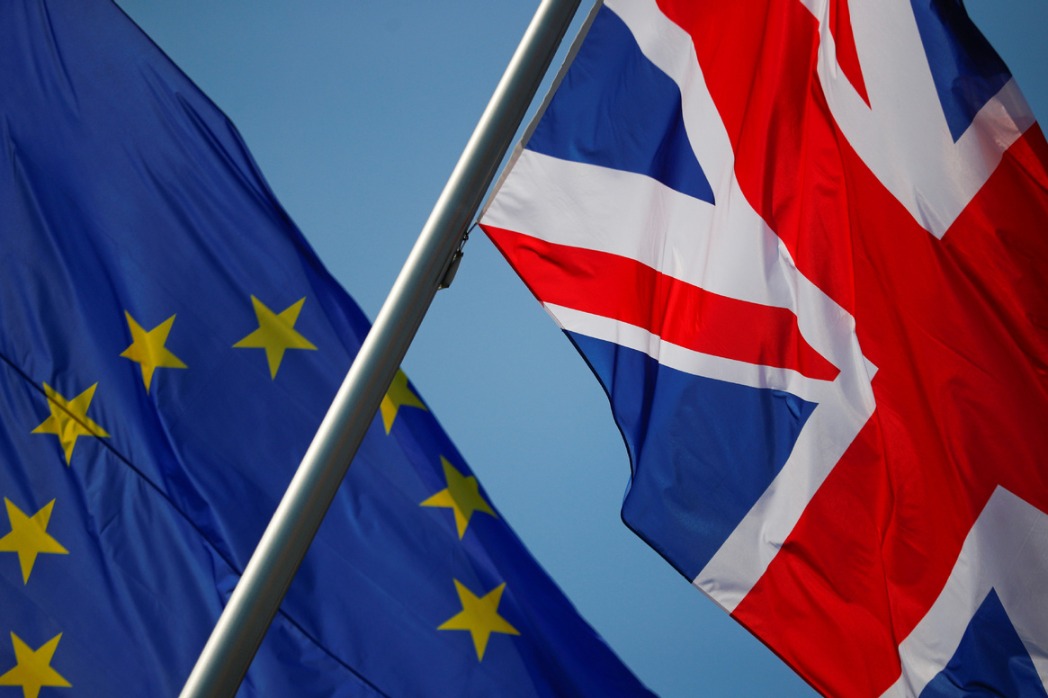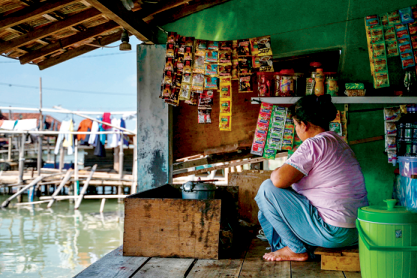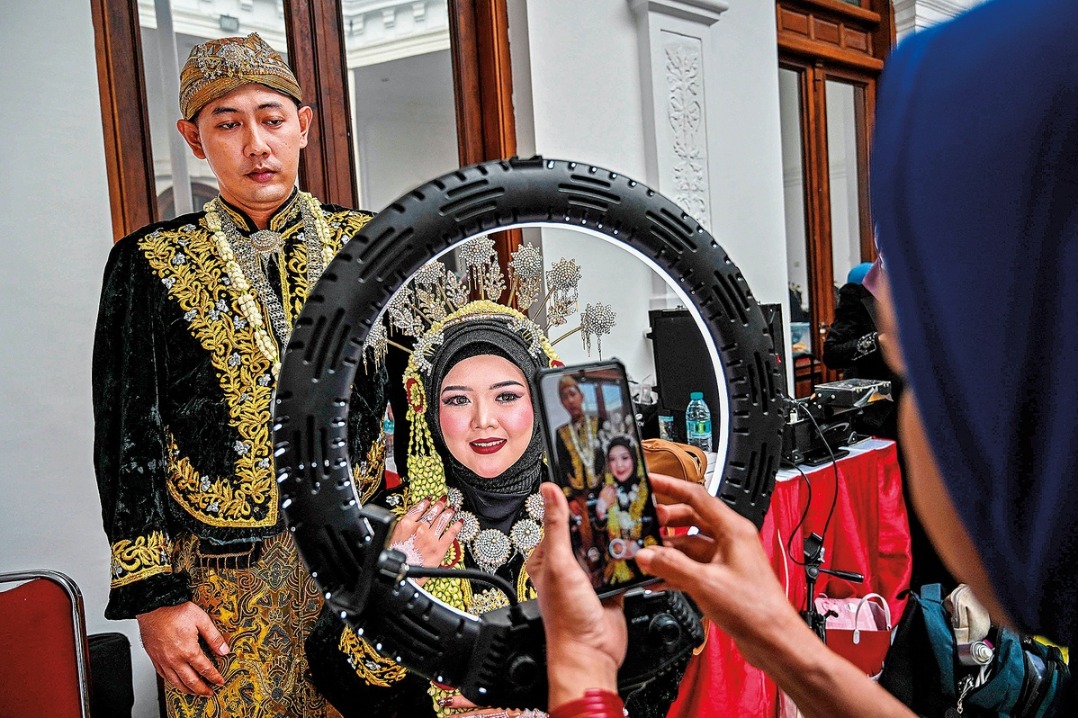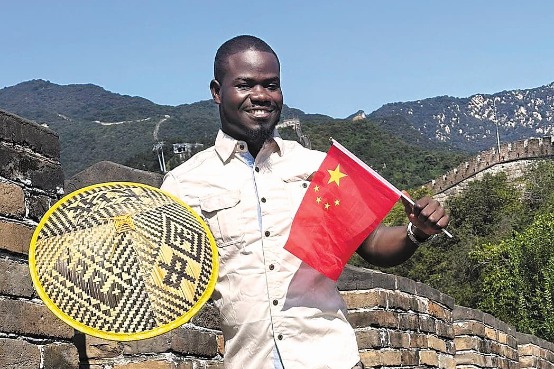BRI cooperation boosts 'Made in Africa'

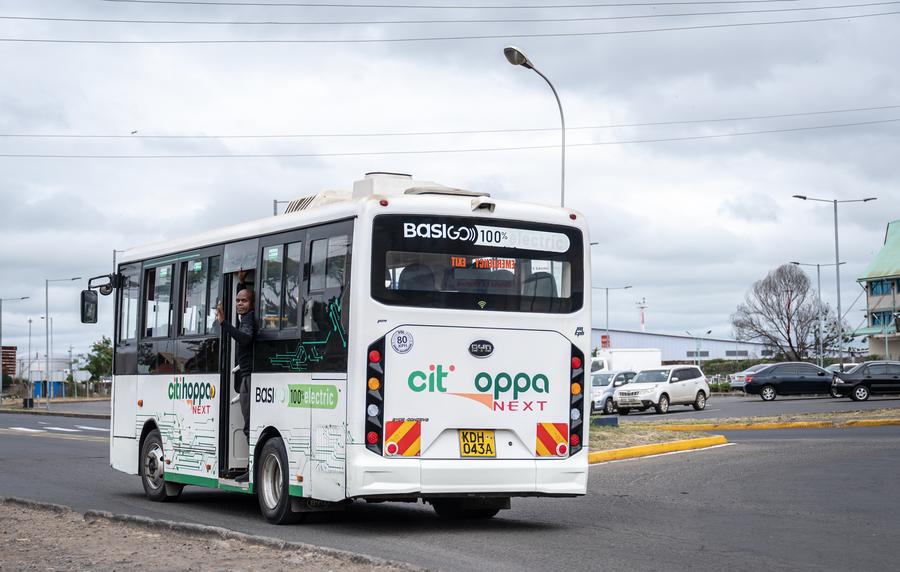
In Kenya, the BasiGo project in Nairobi highlights the importance of cooperation in the eco-friendly transportation sector. Faced with local currency devaluation and rising energy import costs, the Kenyan government has expanded support for the electric vehicle sector, which relies on the country's renewable energy resources.
BasiGo, a Kenyan startup, launched its electric bus service in March 2022, locally assembled from parts supplied by Chinese automotive company BYD.
Mutoro Sifuna, BasiGo's marketing director, emphasized the significant energy cost savings of electric buses compared with diesel ones. They plan to introduce and operate 1,000 electric buses by 2025.
BETTER FUTURE FOR "MADE IN AFRICA"
Sino-African cooperation in the electric transportation sector has become a tangible example of the positive outcomes of the BRI. Chinese companies bring quality products and technologies that meet the needs of local businesses and contribute to the transition towards a more sustainable future.
Africa has enormous potential in natural resources and labor. Through cooperation with China, Africa has begun to update its own production capabilities, while eco-friendly manufacturing and innovative technologies allow African brands to gain positions in the global market.
Through further enhancing cooperation, China and Africa are shaping a promising future for "Made in Africa." African countries can develop more advanced technologies, get skilled professionals, and create larger markets.
The BRI has already laid a solid foundation. With the determination of both parties and the support of the international community, "Made in Africa" is entering an era of prosperity and sustainable development, contributing to the global economy and improving the lives of African people.




















